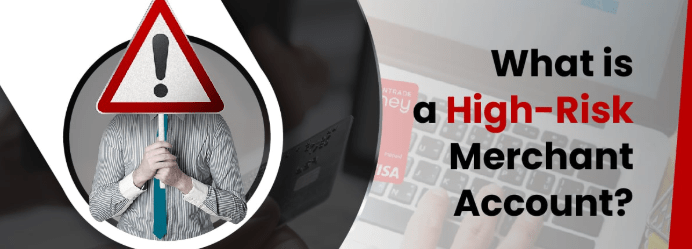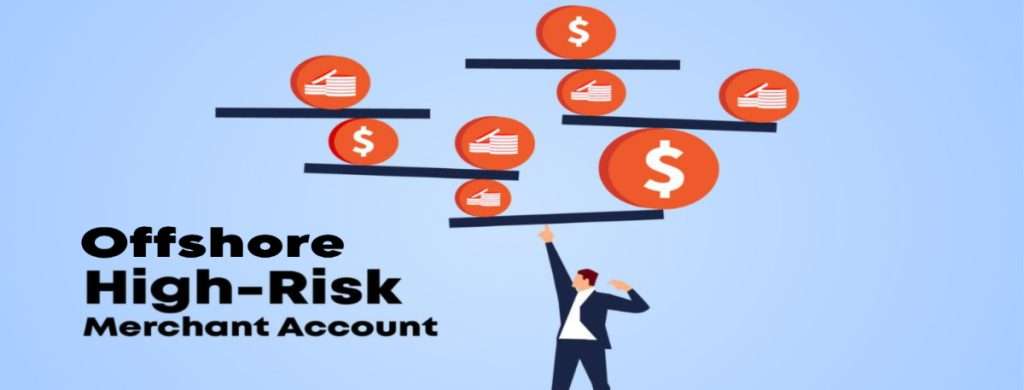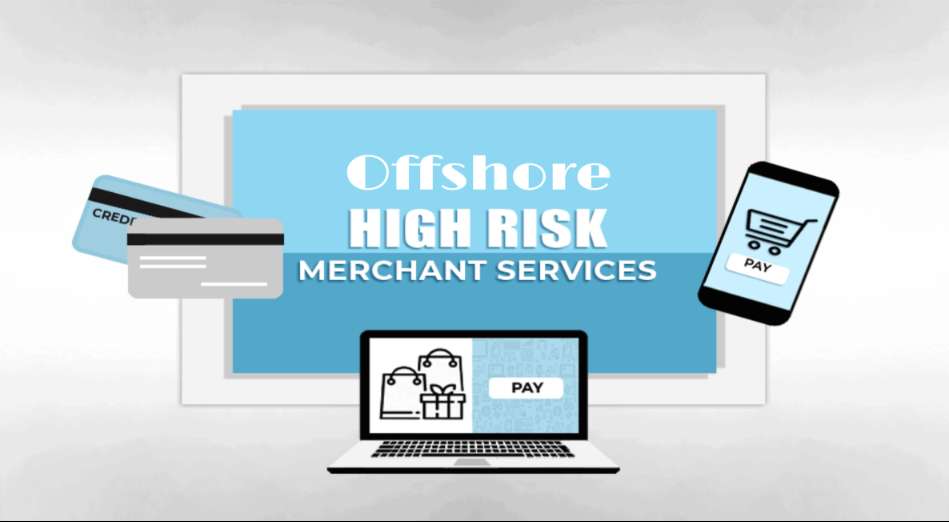AUTHOR : JAYOKI
DATE : 07/12/2023
Introduction
The landscape of payment gateways is constantly evolving, driven by technological advancements[1], regulatory changes, and shifts in consumer behavior. For businesses in high-risk industries, the need for robust and secure payment solutions is more critical than ever. This is play a significant role in addressing these needs, offering tailored solutions to businesses that face challenges in obtaining payment processing services from traditional banks. In this article, we’ll explore the latest trends in payment gateways, with a focus on the growing importance of Offshore High Risk Merchant Account Providers[2] in 2024.
What Are Offshore High Risk Merchant Account Providers?

Before diving into the trends, it’s important to understand what Offshore High Risk Merchant Account Providers[3] are. These specialized providers offer merchant accounts to businesses that are classified as “high risk” by traditional payment processors or banks. High-risk businesses typically operate in industries such as online gaming, adult entertainment, travel, subscription services, e-commerce, and cryptocurrency, where there is a higher likelihood of chargebacks, fraud, or regulatory scrutiny. Offshore providers, unlike domestic ones, are located outside the merchant’s home country and are often more flexible in offering services to high-risk businesses[4].
Top Payment Gateway Trends in 2024
As the payment processing industry continues to evolve, several key trends are shaping the way businesses and customers engage with digital payments. Below are some of the most prominent trends for 2024:
1. Artificial Intelligence and Machine Learning in Fraud Detection
One of the most significant trends in payment gateways[5] is the use of Artificial Intelligence (AI) and Machine Learning (ML) to enhance fraud detection capabilities. In high-risk industries, the likelihood of chargebacks, fraudulent transactions, and identity theft is considerably higher. They are increasingly leveraging AI-driven algorithms to monitor transactions in real-time, detect suspicious activities, and prevent fraud before it occurs. These AI-powered systems analyze patterns from historical data to predict potential threats, improving the accuracy and speed of fraud detection.
2. Cryptocurrency and Blockchain Payment Integration
Cryptocurrency adoption continues to rise, and many businesses, especially those in high-risk industries, are looking for payment solutions that allow them to accept crypto payments. Offshore High Risk Merchant Account Providers are becoming more adept at integrating cryptocurrency and blockchain technologies into their payment gateways. Cryptocurrency offers businesses a way to bypass traditional banking systems and avoid the regulatory scrutiny that comes with conventional payment methods. Additionally, transactions made with cryptocurrencies are often faster and less costly compared to traditional payment methods.
3. Cross-Border Payments and Globalization
With the expansion of global e-commerce and online services, businesses are increasingly looking for payment solutions that allow them to process transactions across multiple currencies and countries. As globalization continues to reshape the business landscape, having a payment gateway that supports multiple currencies and payment methods is becoming essential. Offshore providers often have the infrastructure and expertise to deal with the complexities of cross-border payments, including currency conversion and compliance with international regulations.
4. Mobile Payments and Contactless Transactions
The shift towards mobile and contactless payments has been accelerating, and this trend is expected to continue in 2024. More consumers are using their smartphones, wearables, and other devices to make payments quickly and securely. As a result, payment gateways are being optimized for mobile platforms, enabling businesses to accept payments through various mobile wallets and contactless technologies. Offshore High Risk Merchant Account Providers are adapting to this trend by offering mobile-optimized payment solutions that are secure, fast, and convenient for both businesses and consumers.
5. Emphasis on Compliance and Data Security
With the growing threat of cyberattacks and data breaches, payment gateway providers are placing a stronger emphasis on compliance with data security regulations. The General Data Protection Regulation (GDPR) in Europe and the Payment Card Industry Data Security Standard (PCI DSS) are just a few of the regulations that businesses must adhere to in order to protect customer data. Offshore High Risk Merchant Account Providers are increasingly focused on providing secure payment solutions that meet these regulatory requirements. This includes offering tokenization, encryption, and secure payment processing methods to ensure that sensitive customer data is protected from unauthorized access.
6. Subscription-Based Payment Models
Subscription-based models have seen a surge in popularity, particularly in industries like software-as-a-service (SaaS), online entertainment, and digital content. Businesses operating under subscription models often face high transaction volumes and the risk of chargebacks, making it crucial for them to have reliable and flexible payment gateways. They are well-suited to handle the specific needs of subscription-based businesses. They offer features like recurring billing, automated invoicing, and fraud prevention mechanisms that help reduce the risk of chargebacks.
7. Alternative Payment Methods (APMs)

Alternative Payment Methods (APMs) are gaining ground in the global payments market. This includes digital wallets, buy-now-pay-later services, and direct bank transfers. APMs are especially popular in markets like Asia-Pacific and Europe, where consumers prefer these payment options over traditional credit card payments.
For businesses operating in high-risk sectors, offering a wide range of payment options is essential to improving conversion rates and customer satisfaction. Offshore High Risk Merchant Account Providers are increasingly integrating APMs into their payment gateways, giving businesses access to a broader customer base while reducing their exposure to payment fraud.
Conclusion
In 2024, payment gateways are becoming more sophisticated, offering businesses enhanced security, better fraud detection, and seamless payment experiences. For high-risk businesses, Offshore High Risk Merchant Account Providers are increasingly playing a vital role in facilitating secure, reliable, and efficient payment processing solutions. By embracing the latest trends such as AI-driven fraud detection, cryptocurrency integration, and mobile payment optimization, these providers are helping businesses navigate the complexities of the modern payments landscape.
FAQs:
1. What industries benefit from Offshore High Risk Merchant Account Providers?
Offshore High Risk Merchant Account Providers cater to a wide range of industries that are typically classified as high-risk. These include online gaming, adult entertainment, travel, e-commerce, subscription services, and cryptocurrency businesses.
2. How do Offshore High Risk Merchant Account Providers handle chargebacks?
Chargebacks are a significant concern for high-risk businesses. Offshore High Risk Merchant Account Providers typically offer chargeback management tools, including automated fraud detection systems and chargeback alerts.w
3. Are Offshore High Risk Merchant Account Providers safe?
Yes, offshore providers can be just as safe as domestic ones, provided they follow industry standards for security, such as PCI DSS compliance and data encryption. Many offshore providers also implement advanced fraud detection systems and multi-layer security protocols to protect against cyber threats.
4. What are the advantages of using an Offshore High Risk Merchant Account Provider?
The primary advantage of using an offshore provider is their ability to offer payment solutions to high-risk businesses that traditional banks may avoid. Offshore providers also tend to have lower fees, more flexible terms, and faster processing times.





